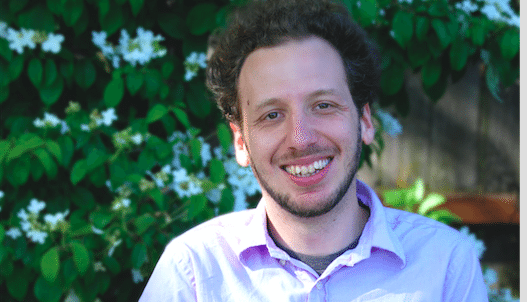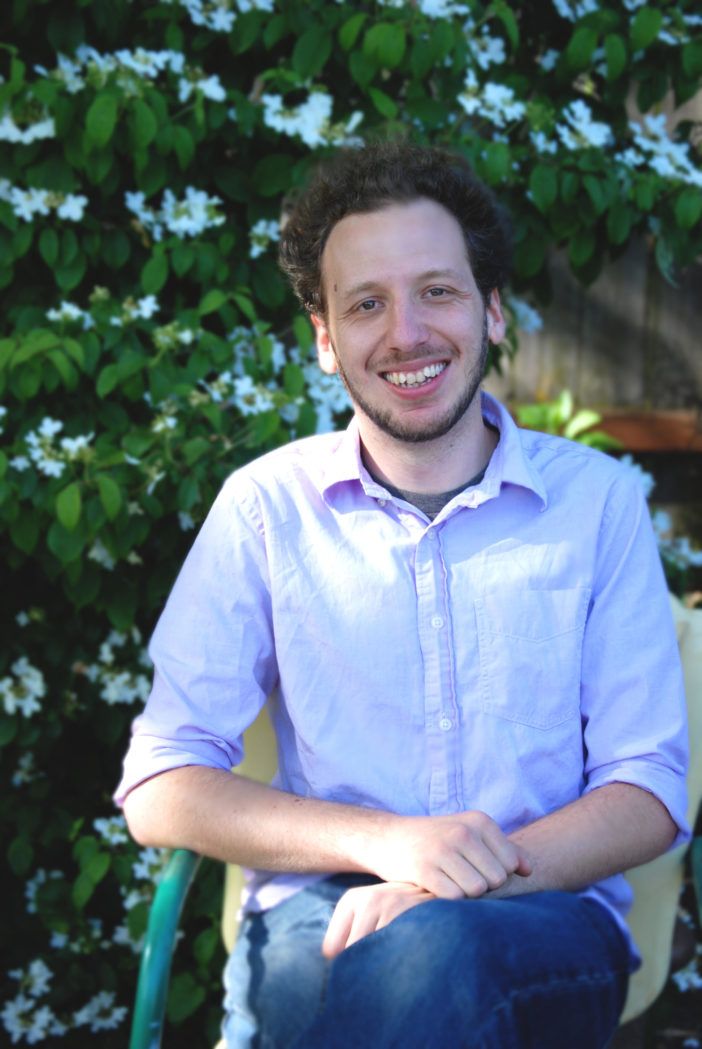Daniel Elder’s “Sister’s Community Hardware” Explores Change In Clinton Hill


We’re trying something a little different here: this is a great piece of short non-fiction that we think is worth reading.
Author Daniel Elder grew up in Jackson Heights, but it was in Clinton Hill where he matured into the person he is today.
After a stint in Park Slope, Elder found himself in Clinton Hill starting in 2010. He’s since moved to Portland, Oregon, following the path of two of “best friends in the world” who he owes to the county of Kings.
Elder loved the diversity of Clinton Hill, though he was acutely aware of the changes that it was experiencing. He looks back fondly on his time in the community, though he does not intend to ever move back.
The idea for Sister’s Community Hardware came to Elder during an ayahuasca ceremony a little less than a year ago.
“Certain sentences just popped into my head,” said Elder.
This passage, courtesy Vol.1 Brooklyn, is an example:
He looked at me. It wasn’t a searching sort of look. Rather, it was clear that he saw the truth and needed to look no further. He saw me for exactly what I was: the skinny, brainy child of bookish intellectuals, someone for whom the hammer, a precision instrument crafted and fine-tuned through millennia, was little more than a crude bludgeon that one prayed didn’t destroy one’s fingers.
Elder described the writing experience as “it was kind of cathartic, making something out of my leaving New York,” said Elder.
The author counts “Margaret Atwood, Steven Erikson, Aldous Huxley, Lidia Yuknavitch, Shmee, and cats” as his biggest literary influences.
We’re particularly taken with this passage:
[…] the old Sister’s space had been purchased by a successful Brooklyn restaurateur who had transformed it into a shi-shi dining experience. He kept the Sister’s name as an homage. When I walked by and looked inside at night, the decor of expensive wood and exposed filament light bulbs and the thirty-dollar entrées on the menu seemed to epitomize everything that had changed so drastically about the neighborhood in my six years of living there.
Sam’s, the last bodega in the neighborhood with a bullet-proof window for late night purchases, had recently closed down. They reopened a couple months later rebranded as Sam’s Organic, fully now what a friend would call a bouge-dega, with no more late night transactions through glass and lots of overpriced coconut water. The Outpost Cafe, proudly queer owned and operated, had once been the lone coffee-slinger in the area; now it had four or five fancy coffee competitors in as many blocks catering to the stroller crowd. And the Pleasant Stay Motel, a pay-by-the-hour joint around the corner from my apartment with a seedy clientele, had now shut down for good. Not that I had ever patronized it. But it added a lot of flavor to the block.
We urge you to read Sister’s Community Hardware in full.




